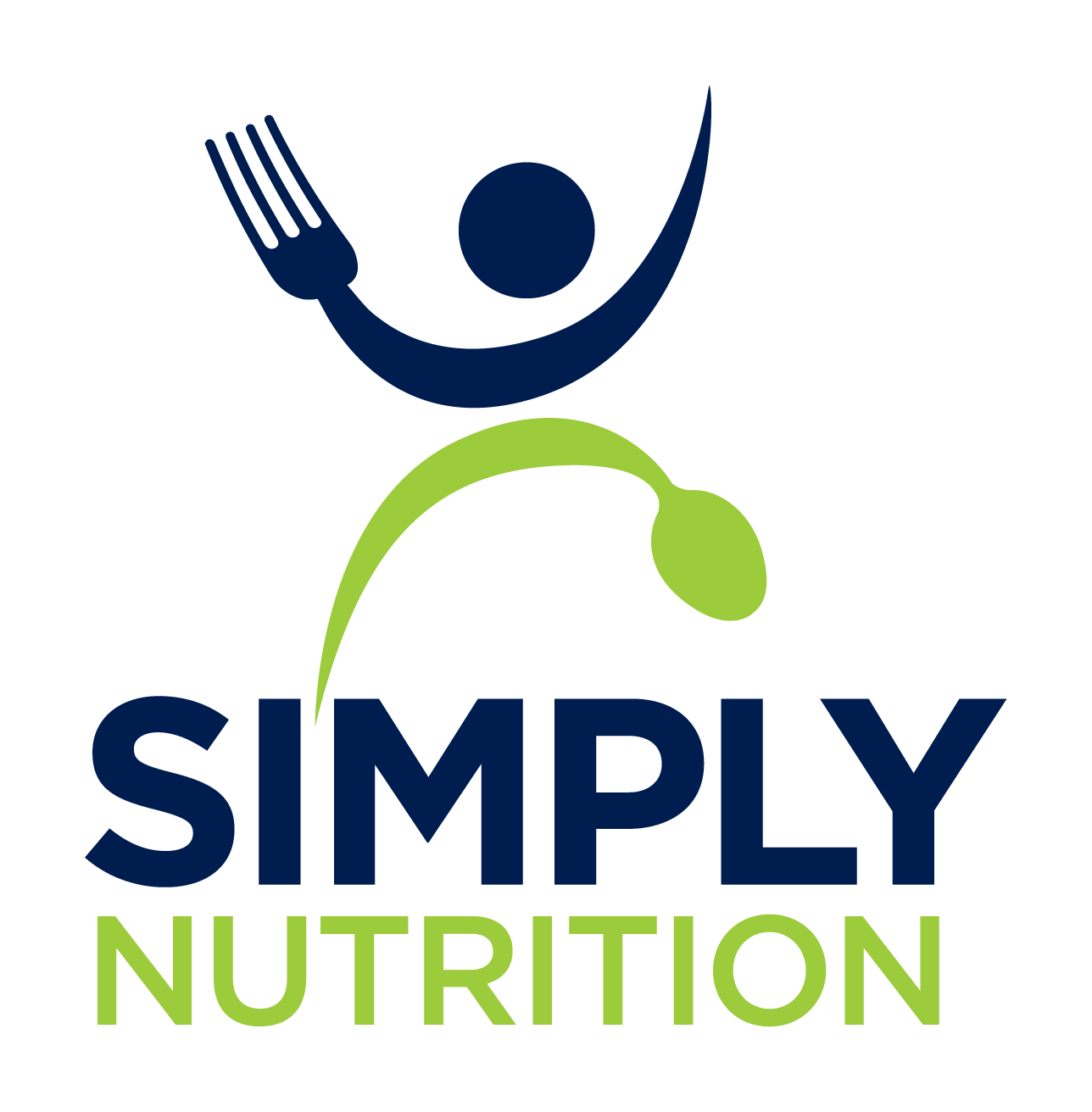
How Food and Mood are Related
Posted on December 15, 2017 at 11:00 am | General Wellness | simplynutrition
It is amazing all the different roles food and nutrition play in our body. Carbohydrates fuel our brain, protein helps build our muscles, fat helps protect our organs, the list goes on and on. But have you ever thought about how food might affect your mood? Food certainly affects our mood! When we eat food our body responds well to, we are in a better mood because we aren’t feeling sluggish, tired, or cranky.
Today we are going to highlight a few of the ways food and mood are related:
• Carbohydrates: Eating carbohydrates results in an increase of the amino acid tryptophan. When the body absorbs tryptophan, there is an increase in the amount of serotonin synthesized which is a mood regulator. Although you can also find tryptophan in protein foods, it is more readily absorbed when it comes from a carbohydrate rich food because it is not competing with as many other amino acids to be absorbed into the bloodstream. It is also important to include carbohydrates into your diet because research has found that a low carbohydrate diet (ketogenic) is likely to increase fatigue.
• Moderate Refined Foods: Foods that are refined are those which go through more processing and lose essential nutrients like fiber and B vitamins. Some examples include white pasta/breads/rice, pastries, cookies, crackers, etc. The reason it is important to moderate refined foods is because those nutrients lost, like fiber, help to stabilize blood sugar levels. Refined foods tend to have greater densities of simple sugars. Have you ever had a soda and noticed an increase in your energy level immediately following but then shortly after crashed and felt sluggish? If you have, you’re not alone! This is because when you consume a simple sugar by itself, blood sugar levels to rise and drop quickly because these sugars are made up of smaller molecules thus the body can break them down and utilize more quickly. To help slow the absorption of sugars and extend the length of time you feel energized, try pairing your carbohydrate foods(refined or whole) with some protein, fat, or a fiber rich food. For example, pair crackers + cheese, apple +peanut butter, or fruit juice + nuts.
• Eating all three meals: It can be challenging in the morning to find time to eat breakfast before rushing off to school or work. Or you might find yourself working through your lunch hour without a break to eat. However, it is very important to make sure you are fueling your body adequately throughout the day. Skipping meals can lead to overeating later on and can often leads to fatigue and feeling more irritable. When your body isn’t fueled every 3-4 hours, you feel fatigued and irritable as a result of your body telling you it has not been given the energy it needs to preform your day’s activities.
• Listen to what your body tells you. Do you notice certain foods make you feel better or worse than others? Listen to your body to help you choose foods that make you feel good verses feeling sluggish more often. There are going to be times when you choose to eat foods that may not leave you feeling energized and that’s okay. Sometimes we choose foods just because they are so delicious! All foods can fit into your lifestyle. To help you feel your best, try to have more times when you are eating foods that make you feel good rather than sluggish. A helpful way to keep track of how food makes you feel is to keep a food journal. Take notes for 1-2 hours after you eat and also pay attention how you feel the next day. Using a journal is a great way to keep track of this and you can flip back to previous days and see if you notice a trend.
At the end of the day, you know your body best. If you find yourself feeling more tired, sluggish, or cranky than normal, try making some of these changes to your diet if you’re not already doing so. If you have any questions about your diet and your mood, reach out to one of our registered dietitians for help!



